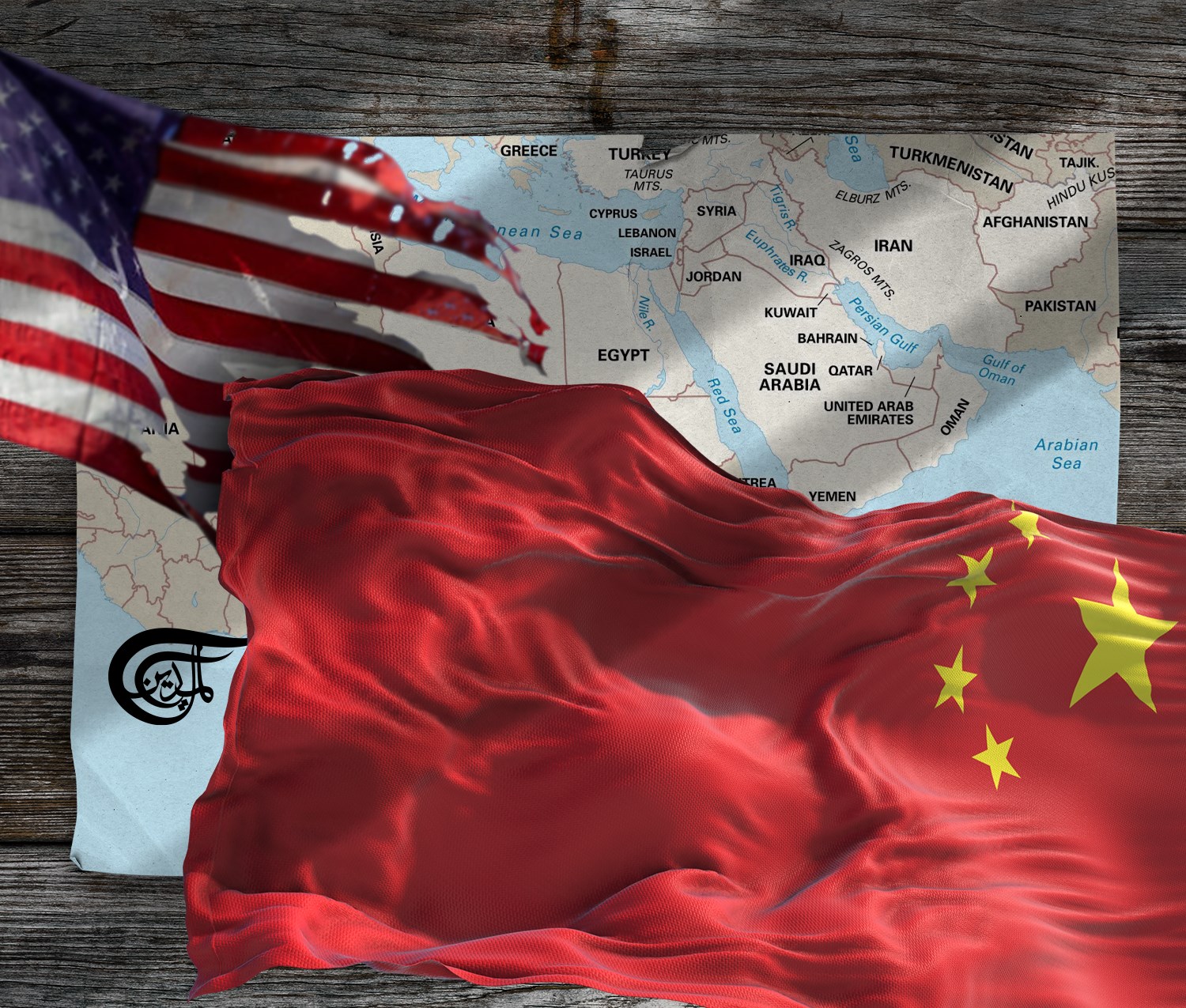China's growing influence in the Middle East: The Saudi-Iranian agreement and its implications
Reports reveal that the Iranian-Saudi agreement is a significant win for Chinese diplomacy and highlights Beijing's expanding influence in the Middle East.
China's increasing influence in the Middle East has been reaffirmed with the recent announcement of the Saudi-Iranian agreement, which was signed under the auspices of China in Beijing. The agreement, which was announced on March 10, ends seven years of severed relations between Riyadh and Tehran.
The Beijing Summit: Unveiling the latest geopolitical developments
The agreement was signed by the head of the Iranian Supreme National Security Council, Ali Shamkhani, his Saudi counterpart Musaed bin Muhammad Al-Aiban, and PRC State Councilor and Director of the CCP Central Foreign Affairs Office Wang Yi. As part of the agreement, there will be meetings between the foreign ministers of Saudi Arabia and Iran to arrange the implementation of the agreement and the full return of diplomatic ties.
The reopening of embassies between the two countries will take place within a week or within a maximum period of two months, in addition to the security cooperation agreement signed between the two countries in 2011 and the trade agreement signed in 1998.
The agreement is seen as a completion of the initiative of Chinese President Xi Jinping, who visited Saudi Arabia and hosted Iranian President Ibrahim Raisi in Beijing recently. It confirms that China has succeeded in increasing its influence in the Middle East, despite American concerns about China's role in the region.
This agreement coincided with the re-election of the Chinese President for a third term, further strengthening China's position as a global power.
Glimpse of hope: Preliminary indicators of an impending agreement
An upcoming agreement between Saudi Arabia and Gulf countries with Iran appears to be on the horizon, signaling an end to a seven-year diplomatic break. The rift began following Saudi Arabia's execution of the Shiite cleric Nimr Al-Nimr, leading to a significant deterioration in relations. The Saudi-led coalition's war on Yemen further strained relations between the countries.
Despite the prolonged exchange of accusations, signs of progress emerged last year when the UAE and Kuwait announced plans to restore their ambassadors to Iran. Riyadh and Tehran also began negotiations to restore relations, facilitated by Iraqi mediation under former Prime Minister Mustafa Al-Kadhemi and the Sultanate of Oman.
Intrigue in the Middle East: The battle for influence between China and America
According to recent developments, the White House has acknowledged the ongoing talks between Saudi Arabia and Iran and believes this agreement could be a positive step toward ending the war in Yemen. However, while questioning Iran's adherence to the agreement, the US seems concerned about China's increasing presence in the region. A new study on China's interests in the Middle East confirms that while Beijing may have arrived late to the party, it is making up for the lost time by rapidly increasing its influence in the region.
As reported by the Financial Times, the Iran-Saudi agreement is being viewed as a major victory for Chinese diplomacy, and an indicator of the country's growing power and sway in the Middle East. This development is seen as a challenge to the United States, which has experienced a strained relationship with Saudi Arabia in recent times.
China's interest in increasing its presence in the Middle East is primarily driven by its need for energy security. As the region accounts for nearly half of China's oil imports, it is of great strategic importance to Beijing. In 2020 alone, China imported $176 billion worth of crude oil from the Middle East, making it the world's largest importer of crude oil. Given these numbers, it is clear that China is working to increase its relations with Middle Eastern countries both politically and economically. Trade and economy are key components of this relationship-building effort and play a crucial role in cementing China's growing influence in the region.
China's increasing interest in the Middle East goes beyond the typical trade and economic ties that it has with the region and Africa in general. China is actively involved in politics, and the recent agreement between Saudi Arabia and Iran is just one step in its plan to become a more active and influential player in the region. As a result, there is a growing debate about whether China or the United States will be the dominant player in the Middle East.
In fact, the Financial Times has reported that the Iran-Saudi agreement is a significant win for Chinese diplomacy and highlights Beijing's expanding influence in the Middle East. This poses a challenge to the United States, which has had less-than-stellar relations with Riyadh in recent times. The Middle East is crucial to China's energy security, with the region accounting for almost half of China's oil imports. In 2020, Beijing imported a staggering $176 billion worth of crude oil from the region, making it the world's largest importer of crude oil. This underscores the importance of trade and economic ties between China and the Middle East, which will continue to be a driving force behind their political relations.
China recognizes the importance of maintaining strong trade and economic relations with Middle Eastern nations. However, Beijing's ambitions go beyond commerce, as it seeks to expand its influence in the region through active political engagement. The recent Iran-Saudi agreement, hailed as a diplomatic victory for China, is just one step in its plan to become a key player in the Middle East.

 Mohamad Zreik
Mohamad Zreik
 5 Min Read
5 Min Read












